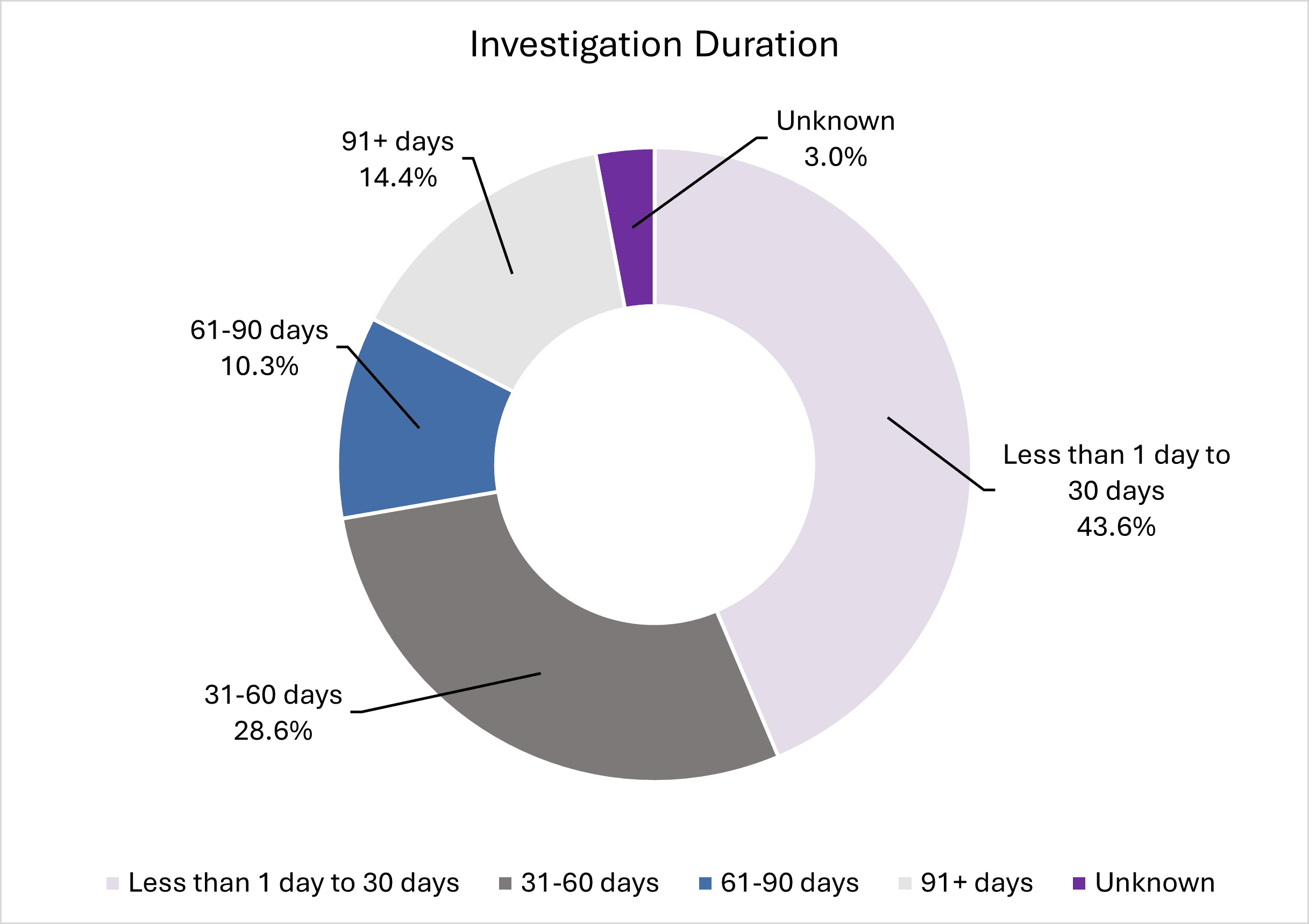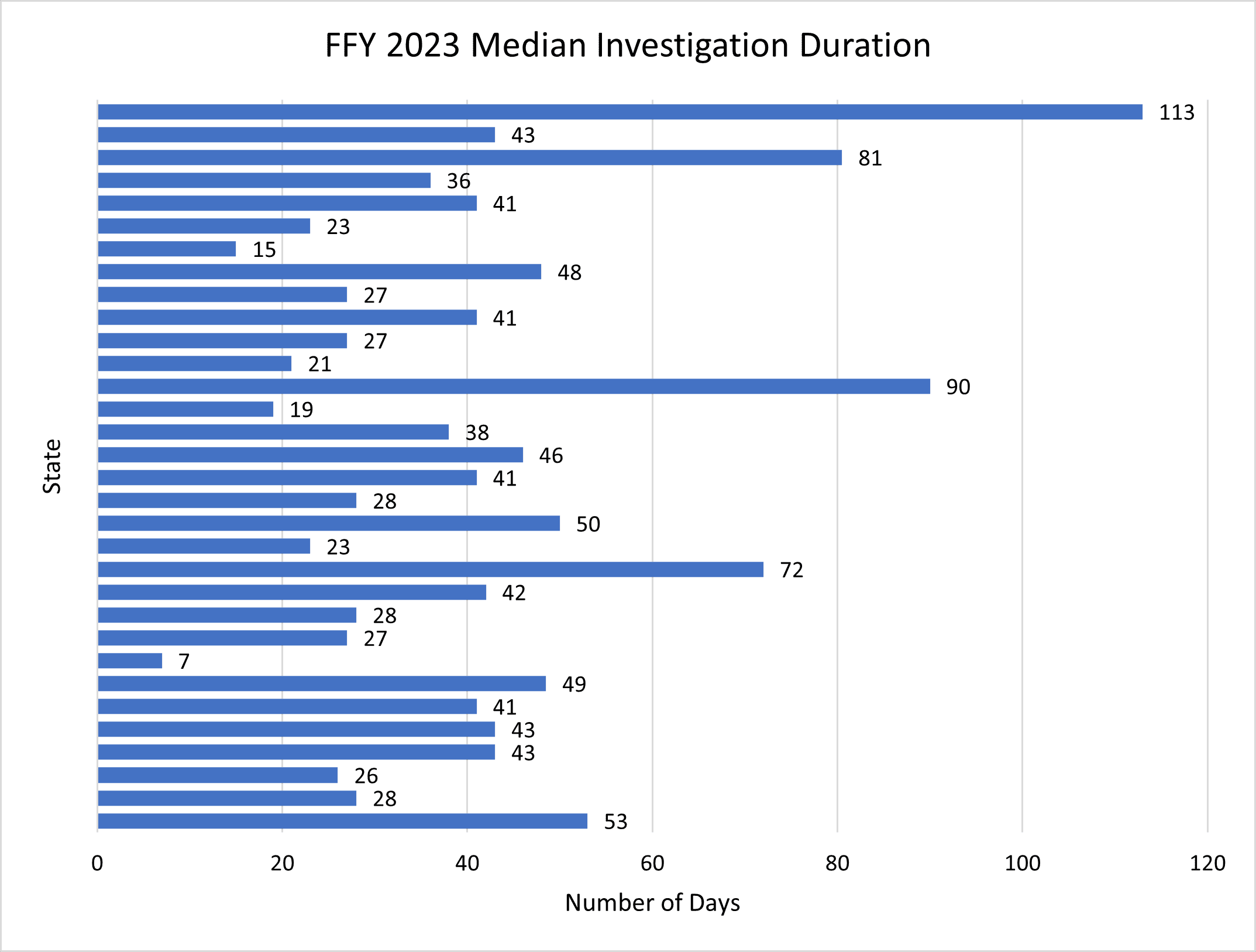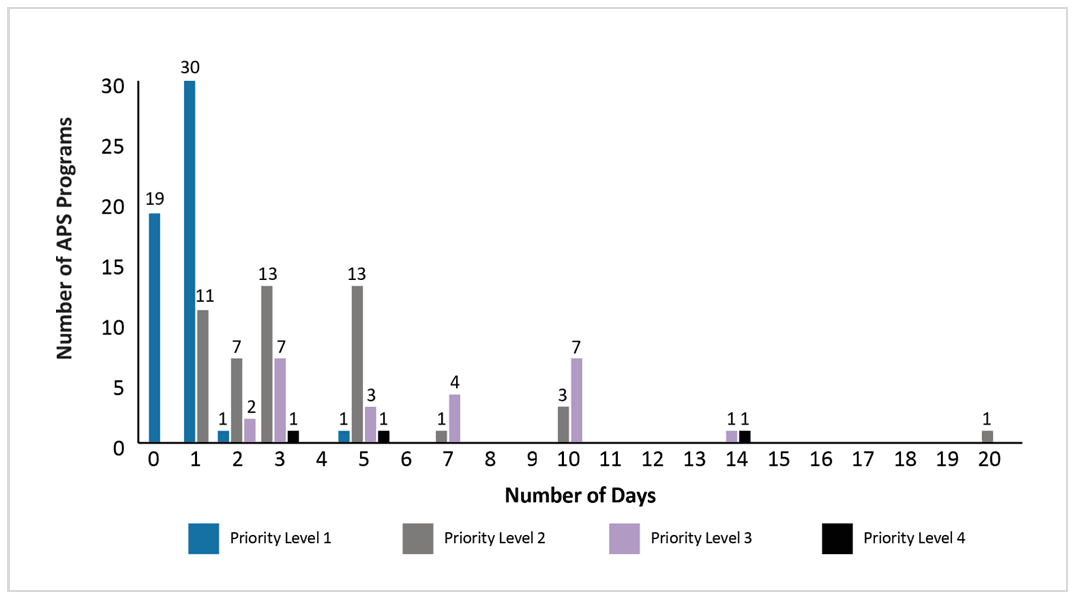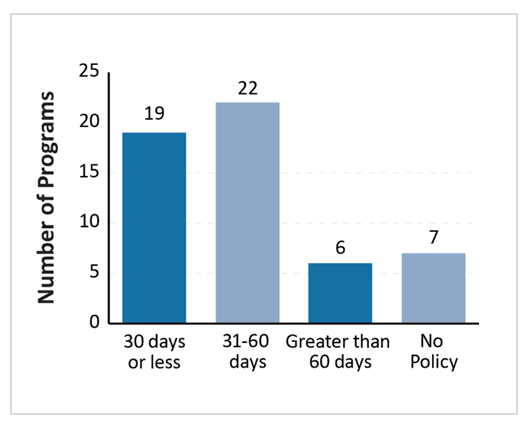This site is being reviewed and updated as needed to comply with President Trump's executive orders.
Gee, Ain’t It Funny: Why Investigation Response Times Matter
By Karl Urban, Senior Research Manager, APS TARC
August 2024
I live in the hometown of Willie Nelson, an American musical genius. I mean, anyone who can write a number one song about talking to walls is certifiably a genius. That song, “Hello Walls,” ends with “I got a feeling she'll be gone a long, long time.” Willie and time; he also wrote and sang “Gee, ain't it funny how time slips away.”
Gee, ain’t it funny how time slips away is true for each of us every day. Sometimes, more time may be our friend, but usually it is not. And this is true for adult protective services (APS) casework. An anecdotal APS truism I’ve always believed is that shorter case durations result in better casework because of the truth embedded in Willie’s lyric about how time does indeed slip away.
For an APS worker, the more it slips away, the more difficult it becomes to optimally work cases: client and collateral memories slip away; the meaning of interview notes slips away; and clients needlessly stay in the state of maltreatment the longer a case lingers. We don’t want clients to slip away.
Another funny thing about time that slips away is that it compounds. Longer durations result in higher caseloads, and higher caseloads result in lower-quality casework. The result is a self-reinforcing cycle in which work increases and quality decreases.
In the APS TARC’s current workload project, one of the findings was that programs that manage workload do so by measuring, tracking, and benchmarking how much time is spent on cases at the worker, unit, regional, and overall program levels. APS programs should want to know: How long does it take to screen in a report? How long does it take to initiate an investigation? How long does it take to conduct an investigation? How much time was there since the last activity in the case? How long does it take to close the case? How long does it take to document an interview? How many cases are on the pending list?
The National Adult Maltreatment Reporting System collects time data for most states that submit case component data. Here’s the chart from the to-be-published 2023 Adult Maltreatment Report on Investigation Duration on length of time for investigations:
Exhibit 1 - Investigation Duration

This chart shows the same data by individual (deidentified) state:
Exhibit 2 - Median Investigation Duration by State

The Administration for Community Living recognizes that time matters in the recently published APS Final Rule. Specifically, the regulations require the creation of at least a two-tiered response system for initial contact with the alleged victim based on risk. For immediate risk, the regulations require that a “response should occur no later than 24 hours after receiving the report and no more than seven calendar days for non-immediate risk.” The regulations also require programs to establish timeframes for ongoing review of open cases and “a reasonable length of time by which investigations should be completed.” The National APS Process Evaluation examined (as of 2021) APS practice in these areas as shown in the following two charts:
Exhibit 3 - Case Initiation Priorities and Timeframes

Exhibit 4 - Timeframe for Completing Investigation in State Policy

Back to Willie: His concluding thoughts regarding the nature of time is “In time you’re gonna pay.” This is true, not just for the romance and relationships he sings about, but for APS casework and the protection of clients. We do not want to be surprised by how time slips away.
The APS Blog is updated regularly with posts from contributing authors and new publications from the APS TARC.
How did we do? Take our quick customer satisfaction survey to give us feedback.
Last Modified: 12/27/2024

